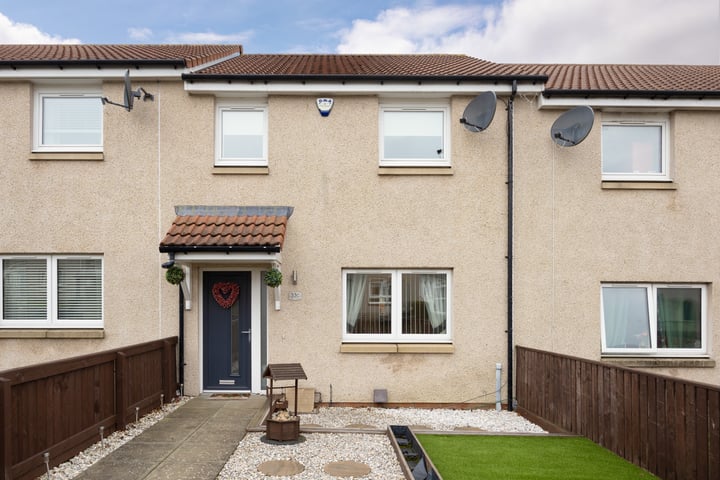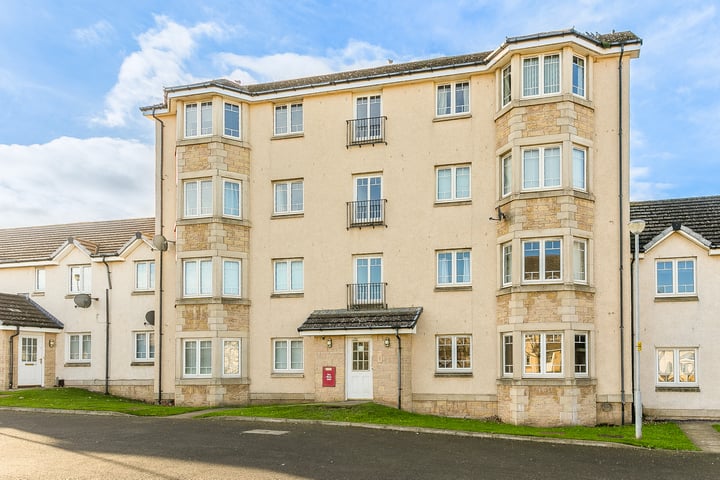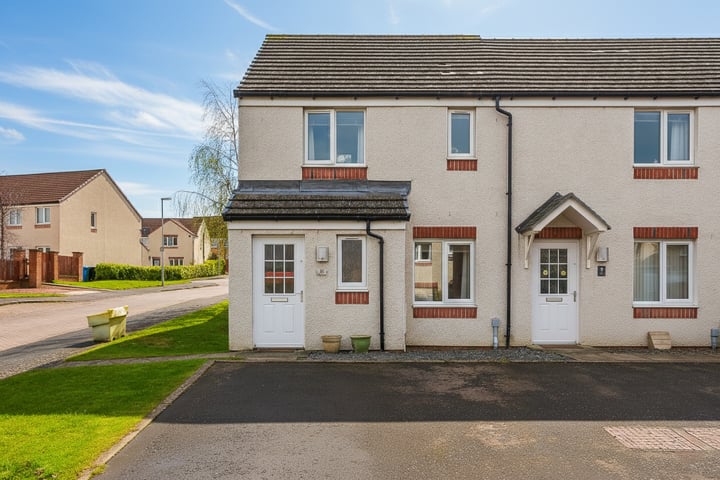It is inevitable that at some point in our busy, ever-changing lives we will find that our home no longer meets our needs. It could be that due to a growing family we need more bedrooms or that a change in jobs means that we need working space in the home. When we reach this point there are two options: make changes to our current space so that it becomes more suitable, or look for a new home.
If there are still many features about your home that you love but you just need more of it, it may be time to ask yourself what the possibilities are for extending, remodelling or even changing the use of some of your existing space.
Things to Consider When Weighing up Moving or Improving
There are many practical considerations if you think that staying where you are and improving your space could be an option. Here are some of the key things to consider:
- Do you have an unused basement, attic, or a large garden? Could you look into converting this space?
- Are there any limitations on extending, such as your home being situated in a conservation area or being a listed building?
- Would a proposed development encroach on neighbours, for instance by blocking their view, or light to a room? Are they likely to complain?
- Internal through-spaces – how will you access the space? Will you have to convert a current room into an access corridor? You need to consider the space you will lose, as well as the space you will gain.
- External access – would you need to move doors or driveway?
- Planning permission – what are the current regulations governing the type of work you would like to do? You can contact your local planning authority for further information.
- Project management – do you have the time and skills needed to oversee this project yourself, or would you rather hire someone to manage the project for you?
- Professional support – do you need a surveyor, or an architect? Would you yourself source a building firm or would you enlist help to do so?
- Do a cost-benefit analysis – it is generally cheaper to extend or to make changes to an existing property. Do you have the funds to move? Look into mortgage and funding options.
- Consider the value that would be added to your current home versus the cost of improving it.
As well as the practical considerations, there are many pros and cons to each option, and the best decision will always depend on your individual circumstances. But to help you along here are some of the main advantages and disadvantages of each option.
Stay Where you Are and Improve – Pros and Cons
- Pro – As Sarah Beeny has shown in her ‘Double Your House for Half the Money’ programme, you can often add much more value to your current home for less than it costs to buy a new place. Cost is often one of the most important factors in this kind of decision.
- Pro – You get a new home without having to go anywhere! That means the furniture that you chose for your home will still be suitable, you don’t have to leave friends and neighbours to move to a new area, and there will be none of the admin associated with changing address.
- Con – Extending or remodelling a property means, for most people, living in the place while the work goes on. This can be messy and disruptive.
- Con – Managing a renovation project can be time-consuming, and involves being available to make decisions or sign-off on them. If you can’t make the time for these decisions then the project can run on and on, which can mean additional costs.
Buying a New Place – Pros and Cons
If there is simply no space to extend in your current home, or you are lucky enough to have the additional budget needed, then your best option may be to look for a new home.
- Pro – You have no constraints on layout or space, as you can choose to buy a property in the area you want with whatever size or configuration that you would like (within your budget, of course!).
- Pro – If a new location offers additional amenities, better schools, or less commuting time, then the move itself could bring multiple additional benefits.
- Con – If you are relying on the proceeds of your own house sale, you may have to wait until you accept an offer on your current home before you can begin the search.
- Con – The biggest constraint for most people here is money. It can cost a lot more to move up the housing ladder.
Of course, the items we have covered here are by no means an exhaustive list, and it is always advisable to get some expert advice on your options, the state of the housing market, and current building regulations. We hope that we have at least given you some food for thought.
If you would like some information on local market conditions for buying or selling property, or if you would like a free property valuation, please don’t hesitate to get in touch with us!







Leave a Reply